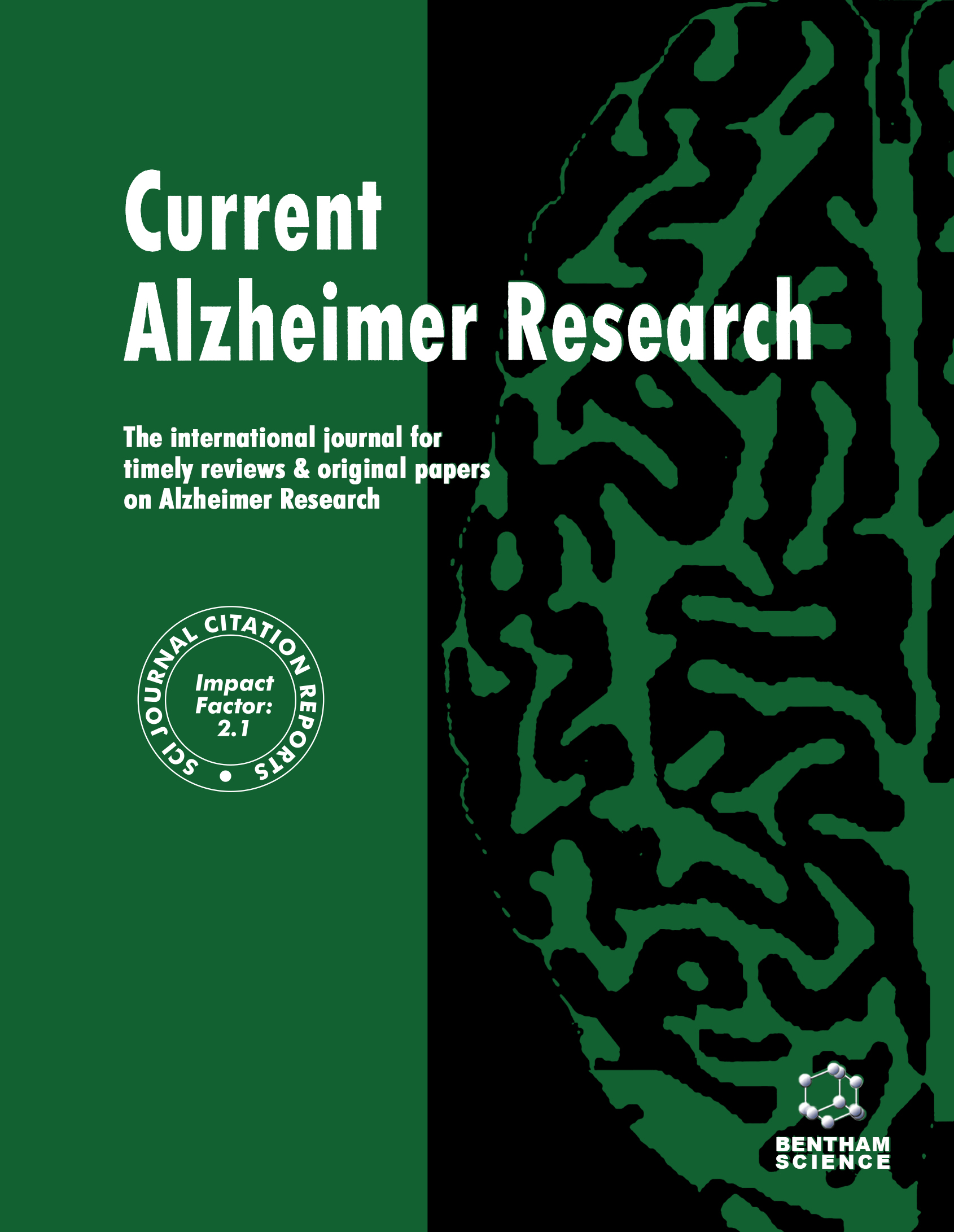-
s Caspase-3 Short Hairpin RNAs: A Potential Therapeutic Agent in Neurodegeneration of Aluminum-Exposed Animal Model
- Source: Current Alzheimer Research, Volume 11, Issue 10, Dec 2014, p. 961 - 970
-
- 01 Dec 2014
Abstract
There is abundant evidence supporting the role of caspases in the development of neurodegenerative disease, including Alzheimer’s disease (AD). Therefore, regulating the activity of caspases has been considered as a therapeutic target. However, all the efforts on AD therapy using pan-caspase inhibitors have failed because of uncontrolled adverse effects. Alternatively, the specific knockdown of caspase-3 gene through RNA interference (RNAi) could serve as a future potential therapeutic strategy. The aim of the present study is to down-regulate the expression of caspase-3 gene using lentiviral vector-mediated caspase-3 short hairpin RNA (LV-Caspase-3 shRNA). The effect of LV-Caspase-3 shRNA on apoptosis induced by aluminum (Al) was investigated in primary cultured cortical neurons and validated in C57BL/6J mice. The results indicated an increase in apoptosis and caspase-3 expression in primary cultured neurons and the cortex ofmice exposed to Al, which could be down-regulated by LV-Caspase-3 shRNA. Furthermore, LV-Caspase-3 shRNA reduced neural cell death and improved learning and memory in C57BL/6J mice treated with Al. Our results suggest that LV-caspase-3 shRNA is a potential therapeutic agent to prevent neurodegeneration and cognitive dysfunction in aluminum- exposed animal models. The findings provide a rational gene therapy strategy for AD.


